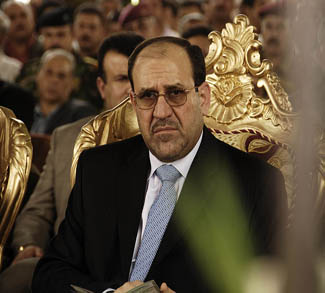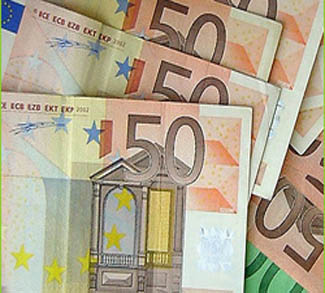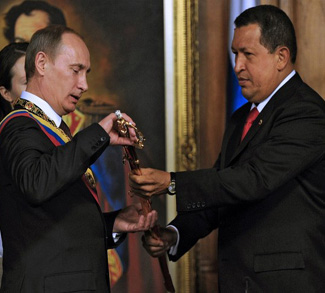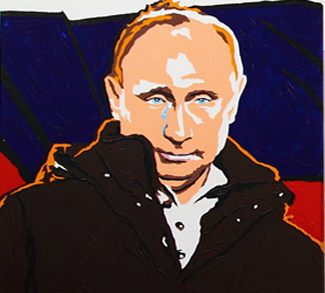North America
United States
Fiscal Cliff (Economic)
A deal has been reached to avert the so-called ‘fiscal cliff’ of across-the-board tax raises and spending cuts in the United States, but a new fight is just around the corner. The deal that was agreed upon, which started in the Senate and eventually passed in the House of Representatives, essentially separates the two contentious issues that have bogged down negotiations over the past few months. On the tax side, President Obama got what he wanted in tax hikes for high-income earners, and we can expect the tax debate to be laid to rest for the time being.
The spending side however is a different story. Far from a comprehensive solution, the deal merely nudges a decision on entitlements into the very-near future. In just two months, the two sides will be at it again, trying to work out a compromise on entitlement spending as well as yet another lifting of the U.S. debt ceiling. Beltway observers believe that this is a deliberate strategy on the part of the Republican Party in order to separate the unpopular parts of the fiscal cliff debate (tax cuts for the wealthy) from the ones that resonate with a wider audience (bringing government spending under control).
This all points to another high profile congressional standoff two months from now; though this time the Republican Party will be far less willing to bend to Democrat demands. Military taxes and economic issues can be expected to continue to be contentious issues.
Canada
Potash Corp (Economic)
Canpotex Ltd. (a marketing company controlled by Potash Corp., Agrium Inc., and Mosaic Corp.) has buckled in its price standoff with the Chinese government, agreeing to sell potash to China at a substantially reduced price (some say 15 percent lower than last March). The governments of China and India had previously announced a ‘potash holiday’ to protest the high prices being charged by what they see as an OPEC-like potash cartel. While it remains to be seen whether Canpotex Ltd. can reach a similar deal with the Indian government, this latest agreement stands as another sign (along with BHP Billiton’s new non-Canpotex mine) that Canadian potash producers are losing their ability to keep prices at an artificially inflated level.
Africa
Nigeria (Military)
Nigerian soldiers have been fighting pitched battles with members of the Islamist group Boko Haram in the northeast town of Maiduguri. Thirty-two people have been killed in clashes in the last week of December alone. This continues to be a dangerous situation given the possibility of Boko Haram forces linking up with Al Qaeda’s North African wing and establishing a territorial base like in northern Mali.
South Africa (Political)
South African President Jacob Zuma has been re-elected as the head of the governing African National Congress (ANC) by a large margin. Though Zuma was able to rely on his core ANC constituencies of Zulu and rural poor voters to beat contender Kgalema Motlanthe, his path to victory may not be so easy come national elections in 2014. Currently, Zuma only has a 51 percent approval rating among the wider public (compared to Motlanthe’s 71 percent) and a series of corruption and sex scandals could come back to haunt him next time that South Africans head to the polls.
Middle East
Israel (Political)
The Palestinian Statistics Bureau has published projections that put the Arab population in Israel, the West Bank, Gaza, and east Jerusalem as equaling the Jewish population in Israel by 2016. By 2020, Arabs will outnumber Jewish people by 7.2 million to 6.9 million. Shifting demographics in the region will continue to exert pressure for the creation of a Palestinian state.
Syria (Military)
The U.N. has published a report asserting that 60,000 people have died so far in the 22-month-old civil war. With no end to the fighting in sight, some are projecting a further 100,000 casualties in 2013.
Iraq (Political)
Iraq has suffered a wave of violence and unrest recently that may come to impact the country’s political situation. Some of this unrest centers around Sunni anti-government protests which broke out last month after security forces raided the home and offices of the Sunni finance minister Rafie al-Issawi. There is also a military standoff developing in the north of the country, as Iraqi federal troops are lining up against Kurdish forces over territories claimed by both sides.
The Kurdish standoff has afforded Shiite cleric Moqtada al-Sadr an opportunity to enter the fray of Iraqi electoral politics yet again. Al-Sadr has been openly trying to broker a deal between the two sides, and more recently he has started to organize countrywide protests against the al-Maliki government in Baghdad.
Despite its persistent absence from international headlines, Iraq is still divided among sectarian lines and thus represents a potential source of instability in an already-volatile region. Open conflict between any parties in the Iraqi sectarian divide could cause the conflict in Syria to spill its borders and turn into what many originally feared it would: a regional war.
East Asia
North Korea (DPRK) (Military)
North Korean leader Kim Jong Un has delivered a surprise New Year address that called for an end of confrontation between the two Koreas. The speech likely signifies that the North is ready to respond to overtures from the president-elect of South Korea, Park Guen-Hye, who campaigned on moving away from the confrontational approach of her predecessor in favor of what might be called a ‘sunshine policy lite.’ Expect a short-term thaw in inter-Korean relations over the short to medium term; a forecast that isn’t entirely surprising given the depths that the relationship was sunk into during the previous Lee administration.




